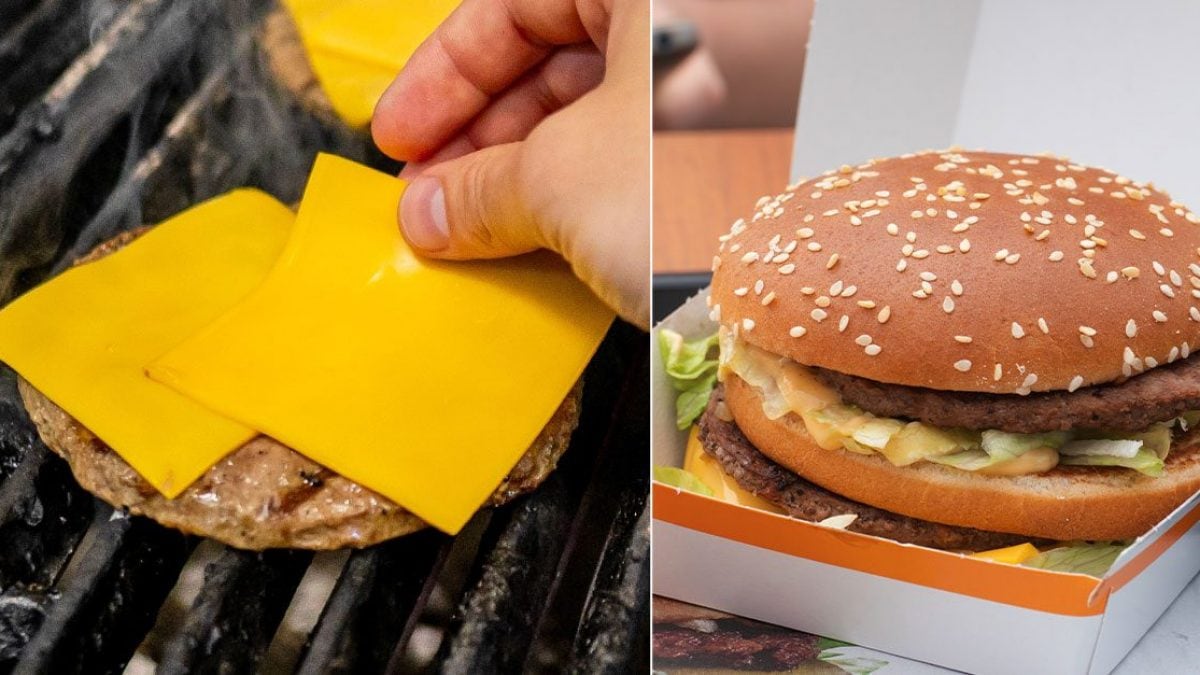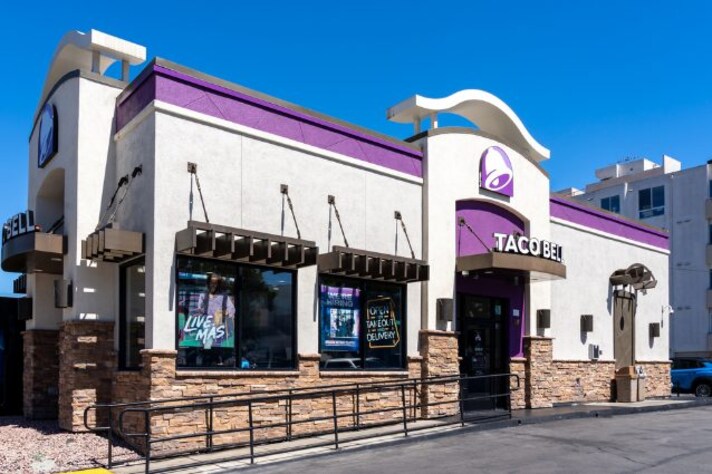
Fast food is supposed to be all about quick, comforting meals, but there’s a secret hiding in some of your favorite cheesy dishes: it’s not always real cheese. Yes, that gooey, melty topping you love could actually be a far cry from the fresh, authentic dairy you expect. In fact, many fast food chains have been swapping out real cheese for processed alternatives, leaving fans questioning whether their beloved cheeseburgers and pizza slices are the genuine article. But what’s behind this shift, and why does it matter?
What’s Really in Your Fast Food Cheese?
In the world of fast food, "cheese" often means something much more complicated than just milk, rennet, and cultures. Instead of traditional cheese, many chains opt for a blend of oils, starches, preservatives, and artificial flavorings that mimic the taste and texture of real cheese. These processed cheese products, commonly known as "cheese food" or "cheese product," are cheaper to produce and have a longer shelf life. They can also be easier to work with, making them perfect for the fast-paced kitchen environments of fast food chains.
Take McDonald’s for example, whose famous McCheese offerings aren’t made from 100% real cheese. Instead, they use a cheese "product" that’s often described as more of a melted cheese-like substance. While it still melts and stretches like cheese, it doesn’t carry the same nutritional benefits or flavor depth as the real deal. This approach is common in many chains that prioritize cost and consistency over authenticity.

The Chains That Don’t Use Real Cheese
If you're an avid fast food fan, you may be surprised to find out which chains have jumped on the "processed cheese" bandwagon. McDonald’s, Burger King, and Taco Bell are among the major players that don’t use genuine cheese in all of their cheese-laden items. For instance, Taco Bell has famously been accused of offering "cheese product" instead of real cheese, especially in their quesadillas, tacos, and nachos. While their offerings are undeniably tasty, the cheese on these items isn’t the fresh, flavorful cheese you might expect from a traditional Mexican restaurant.
Burger King also doesn't use real cheese in its Whopper, opting for a processed cheese product, particularly in its value meal options. Even beloved fast-casual chains like Subway and Domino’s have been reported to use cheese substitutes or processed cheese in certain menu items. With so many fast food giants hopping on the processed cheese train, it's no wonder consumers are starting to ask more questions about what’s actually in their food.
Why Fast Food Chains Use Fake Cheese
Cost is a major factor driving the use of processed cheese in fast food chains. Real cheese can be expensive, and it’s harder to work with when it comes to mass production and consistency. Processed cheese, on the other hand, is inexpensive to make, easier to store, and remains consistent in texture and taste no matter how much it’s handled. For fast food restaurants that serve millions of meals a day, these qualities make processed cheese an attractive option.

Additionally, processed cheese products can have a longer shelf life, making them more practical for fast food chains that need to keep large quantities of ingredients on hand. It’s a convenient way to ensure that every slice of pizza or cheeseburger served is reliably the same, without the risk of spoilage or the need for careful cheese handling.
Consumer Reaction: Feeling Cheated?
For many consumers, the discovery that their fast food cheese isn’t the real thing is enough to leave a bad taste in their mouths. While some may not mind the substitution—especially if the flavor and texture are similar to real cheese—others feel disappointed by the lack of authenticity. With growing concerns about food quality and the increasing interest in transparency, many people are calling for more honest labeling and clearer distinctions between real and processed ingredients in their favorite fast food items.
There’s also the issue of nutrition. Real cheese is packed with calcium, protein, and vitamins, while processed cheese tends to be higher in preservatives, artificial flavors, and unhealthy fats. For those trying to make healthier choices, this difference in nutritional value can be concerning. Even more, the shift away from real cheese can feel like a betrayal to those who expect their fast food to live up to its promise of quality, not cut corners.
Are Fast Food Chains Listening?
While many fast food chains continue to use processed cheese in their menu items, there has been a shift in consumer demand towards more authentic and healthier options. Some chains, like Chipotle, have responded by offering real cheese options and promoting them as part of their brand’s commitment to fresh, quality ingredients. In response to growing criticism, McDonald’s has also started offering more transparency in their ingredient sourcing, and even added real cheese to some menu options.
;Resize,width=767;)
